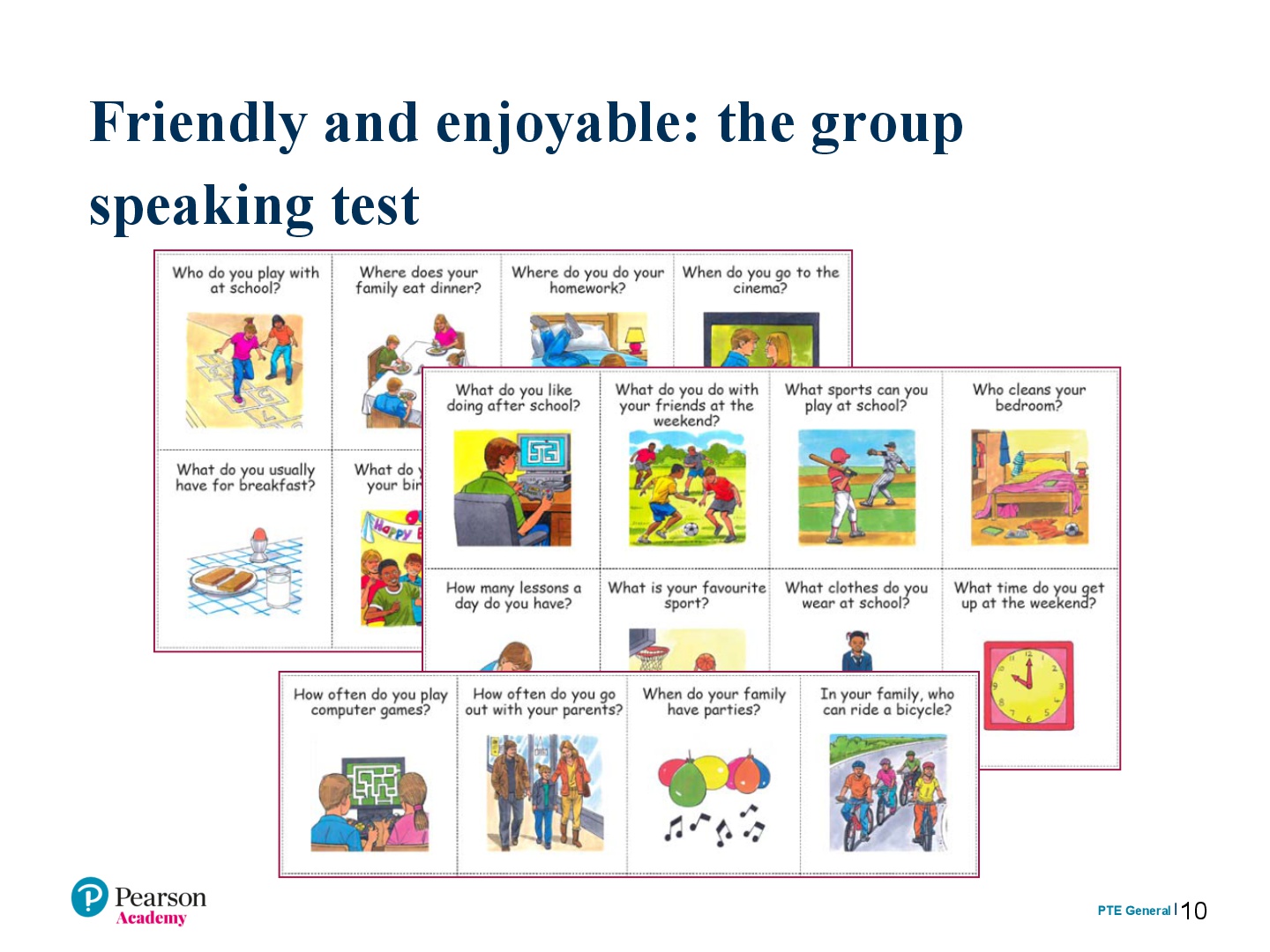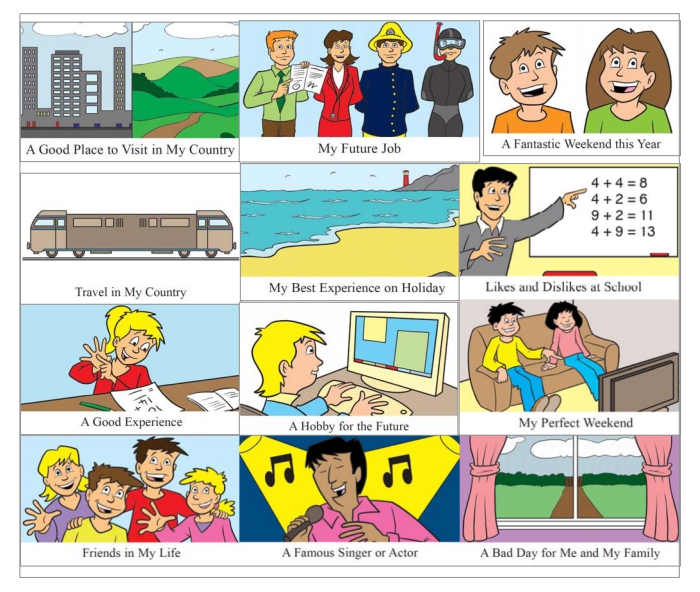Nowadays there is a handful list of English exams which have global recognition and serve as proof of language competence. However, exam takers sometimes have double thoughts about the type of the test which will be the right fit for them. If we talk about exams for Young Learners, we have already written an article on Cambridge exams. Today we are going to look at PTE YL.
What is PTE?
PTE (Pearson Test of English) integrates all four skills (Listening, Reading, Speaking and Writing) and focuses on assessing the ability to communicate in English, rather than test-taking skills. The test consists of two parts: a written paper and an interview.
PTE YL
PTE Young Learners is a fun English language assessment for students aged six to 13, delivered by Edexcel, the UK’s largest examining body. It tests a young learner’s ability to use structures and functions in realistic contexts and, later on in the series, tests their ability to use language to carry out specific communicative tasks, with an emphasis on real-life scenarios rather than on knowledge of specific language items and vocabulary. There are 4 test levels: Firstwords, Springboard, Quickmarch, and Breakthrough. Though PTE and Cambridge exams are quite similar in their approach, grading criteria, and structure, there are interesting differences in the format and content of Listening and Speaking tests.
Speaking
When we consider the PTE YL exam format, we see the following:
- Board game during which 5 test takers throw the dice, land on a certain question on the board and address it to another test taker. They continue in this way up to 10 minutes or till all the test takers have taken their turns.

- 5 test takers choose cards from a pile randomly and speak on the given topic. Other test takers and the examiner come up with their follow-up questions.

PTE exams seem to be more exam-taker oriented and interactive than Cambridge exams.
These exams try to create a relaxing atmosphere for the exam takers so that they have the chance to enjoy the exam. That has a positive impact from the psychological point of view as well: exam takers don’t feel the pressure of being examined, they value the process of examination and assessment and take it as a routine-like activity. Here quite famous expression spread among English learners “English is fun” comes to prove itself. The exam preparation activities and the exam itself are tied up with the same format.
Another important thing is the social factor. Exam takers work in a group which creates not only the culture of listening to their peers but also see people who have the same purpose as you. The gamification of the exam enables the exam-takers to communicate freely and maybe it will furthermore influence their overall performance.
Unlike PTE speaking test format, Cambridge exams ( Pre A1 Starters, A1 Movers and A2 Flyers) have a two-fold connection, either the examiner and the candidate or the two candidates are in the interaction.
Listening
There is quite an interactive, user-friendly and real-life approach in the framework of PTE exams. Visually pictures make the task seem easier which in its turn relieves the exam stress.
The tasks are quite similar to ones in Cambridge exams: 3-option picture-based multiple choice and matching, but there is a task with answering questions and there are no colouring tasks.

PTE YL delivers an exciting testing experience which is a natural continuation of classroom activities. All the tasks refer to the Brown family which also creates a sense of connection and integrity to the material which is being studied since children learn through this family’s everyday life, their adventures and mishaps.






 Анна Тетерина
Анна Тетерина 
 Анастасия Юферева
Анастасия Юферева 


